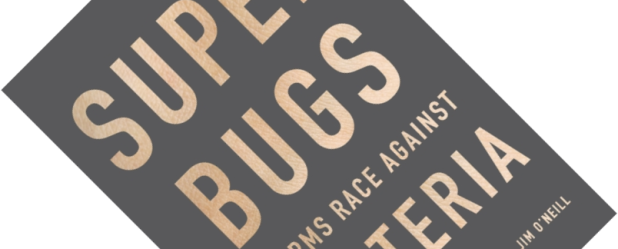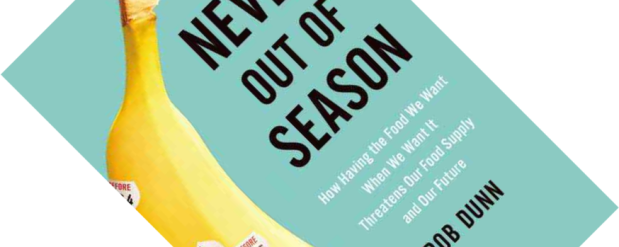Antibiotics have been saving human lives since the drug Salvarsan was discovered in 1932. Penicillin went into mass-production in 1942. This is not a long time when you think about it, but a world without the protection offered by them already seems unimaginable. Not only have they offered protection from diseases such as tuberculosis, and stopped infections following injury or childbirth, they have also allowed us to develop surgical techniques requiring immune system suppression such as organ transplants. However, careless use of antibiotics has accelerated evolution of drug-resistant bacteria such that we are about to lose their protection.
viruses
Book review – The Fate of Rome: Climate, Disease, & the End of an Empire
Somewhere in chapter 2, Kyle Harper remarks how historians have become unintentional beneficiaries of ongoing climate change, as scientists turn to palaeoclimatic records such as ice cores, tree rings, and sediments to understand fluctuations in earth’s climate. This bonanza of data allows historians a new way to look at past events. And thus was born the discipline of environmental history, which emphasizes the active role the natural environment can have on human affairs. In The Fate of Rome, Kyle Harper looks at one of those defining moments in human history, the decline and fall of the Roman empire, and the role of climate change and pandemics.
Book review – Never Out of Season: How Having the Food We Want When We Want it Threatens Our Food Supply and Our Future
Year-round availability of a wide variety of food in our supermarkets has become so commonplace that it is easy to take it for granted. Sure, many of us will have given a passing thought to where our food comes from or questioned whether those organic carrots are really worth the extra pennies. But I am sure I am not alone in having a slightly cynical gut feeling that this amounts to a certain amount of greenwashing: a new sector profiteering from our concern for the environment, promising us we can buy and eat our way to redemption. This isn’t helped by the fact that many proponents of organic agriculture often don’t seem to really know what they are talking about and keep having misconceptions around the issue (Organic agriculture does not use pesticides? Organic produce is healthier?). Plus, most are de-facto opposed to biotechnological sciences and techniques (don’t even get me started on all the opposition to GMOs – make no mistake, I am not saying there is no issue to be had with GMOs, but rarely for the reasons put forward). At least, that, in brief, is my personal opinion on these issues. All this is a long-winded introduction to say: this book made me sit up and pay attention, but for completely different reasons than I have mentioned above.



